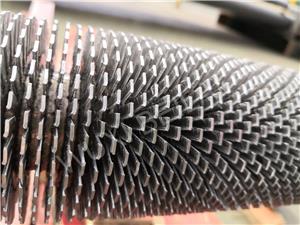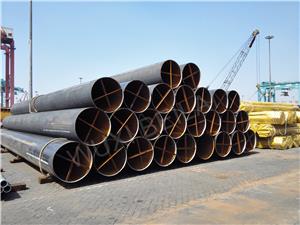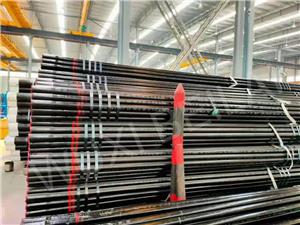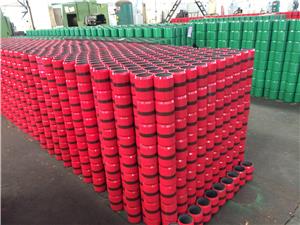Application of non-oxidation heat treatment in pipe processing
In modern industry, the quality and performance of pipes is critical for many critical applications. From the transportation of oil and natural gas to chemical production and high-tech equipment manufacturing, the surface quality and physical properties of pipelines directly affect the efficiency and safety of the entire system. Oxidation-free heat treatment is an important process that maintains surface quality and properties of materials by preventing them from reacting with oxygen during heating.
The principle of non-oxidation heat treatment
The basic principle of non-oxidation heat treatment is to prevent oxidation reactions of materials at high temperatures by isolating oxygen. During the heating process, the material surface will react with oxygen when exposed to air to form an oxide layer. Not only does this affect the surface finish of the material, it can also lead to adverse effects such as decarburization, which in turn affects the material's mechanical properties and corrosion resistance. Non-oxidative heat treatment effectively prevents this adverse reaction from occurring by creating an oxygen-free or low-oxygen environment during the heating process.
Advantages of oxidation-free heat treatment
Maintain material surface finish:
Non-oxidative heat treatment prevents the formation of oxidation and decarburization layers, ensuring that the material surface is smooth and clean. This is important for subsequent processing and application of the pipe, reducing the need for cleaning and surface preparation.
Improve material performance:
Oxidation-free heat treatment maintains the material's mechanical properties and corrosion resistance by reducing oxidation and decarburization. This is especially important for pipes that require high strength, wear resistance and long life.
Save subsequent processing steps:
Since the non-oxidation heat treatment reduces the generation of surface defects, it reduces or eliminates subsequent surface treatment steps, such as pickling, polishing, etc., thus saving time and cost and improving production efficiency.
In the oil and gas industry, non-oxidative heat treatment is widely used in the manufacture of high-pressure transmission pipelines. These pipelines need to withstand high temperatures, high pressures and corrosive environments. Non-oxidative heat treatment ensures the smoothness of their surfaces and the integrity of their internal structures, thereby improving the durability and safety of the pipelines.




